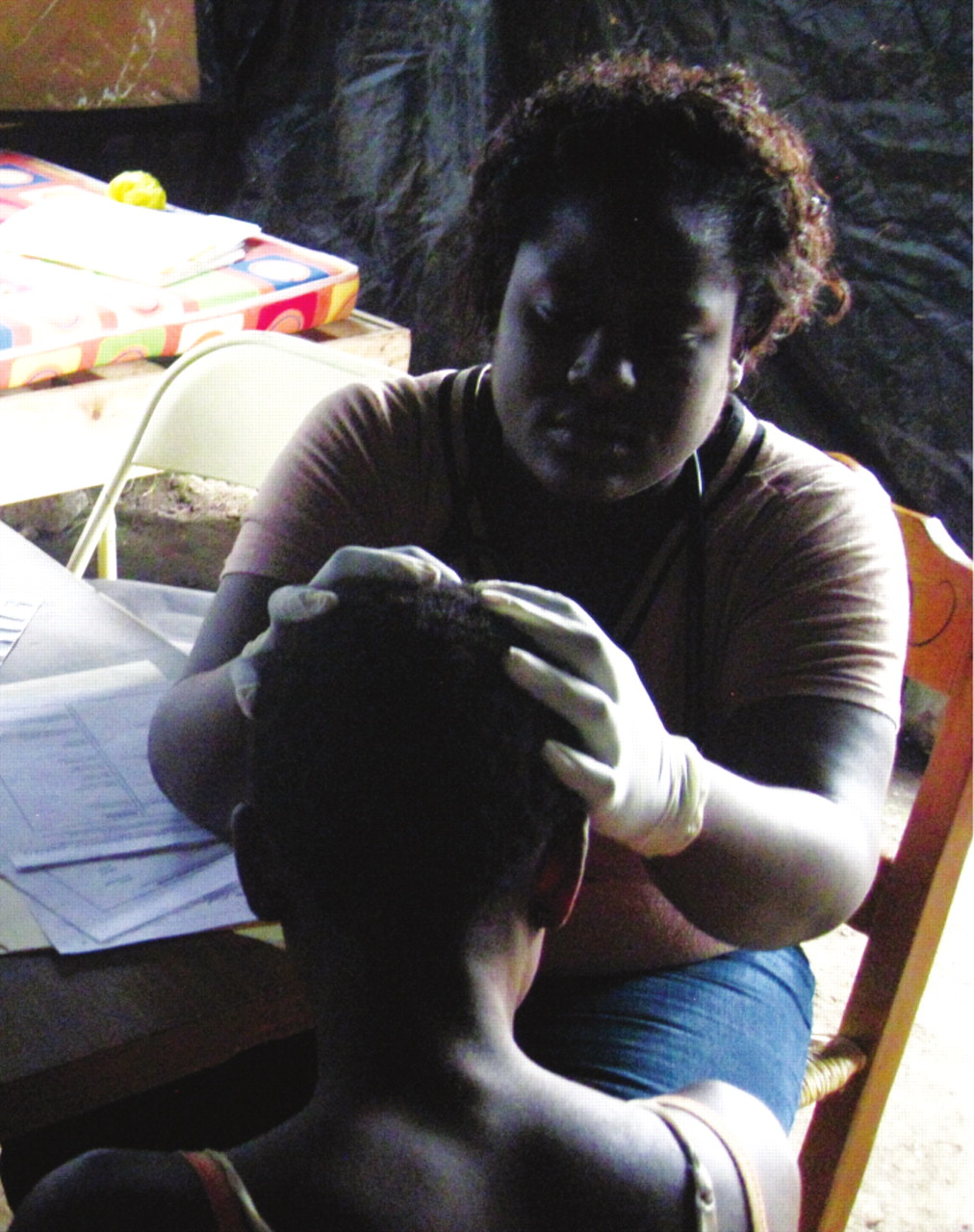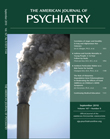I was an undergraduate anthropologist in Haiti 50 years ago, and so when the devastating 7.1-magnitude earthquake hit Haiti in January, my deep love for her people moved me to volunteer. My CV was forwarded through the Washington Psychiatric Society and World Psychiatric Association to the International Medical Corps, which sent me to Petit Goave, Haiti, to form a mental health team serving the five mobile medical clinics (including one boat clinic for a fishermen's village). Seventy to eighty percent of the houses in the area were damaged or destroyed, killing large numbers of men, women, and children. Surrounded by death and dislocation, people constructed tent cities everywhere. Survivors from the capital poured steadily into the area, aid lagging far behind.
Our mission, while providing urgent psychiatric care, was aimed primarily at training Haitian clinic family doctors and nurses to do independent sus-tainable psychiatric assessment and treatment. We emphasized water, food, shelter, community, and security as essential to recovering mental health. Our psychosocial clinics stressed emergency psychiatric intervention techniques designed to help people deal with mass trauma, dislocation, loss, grief, anxiety, and depression, as well as seizures and acute and chronic psychotic illness. We also taught basic psychiatric pharmacology. Like military psy-chiatry, we focused on interrupting stress, anxiety, and phobic and depression-based symptoms that could interfere with normal grieving and self-righting after mass trauma. This effort was linked with strengthening of family, friends, and community.
At one clinic a young woman walked in complaining of insomnia, palpitations, visions, and voices. I encouraged the Haitian doctor to get every detail. The voices and faces were fellow medical and nursing students who had been trapped with her as their building collapsed in Port-au-Prince. Trapped in pitch blackness, pinned under rubble, she could hear the voices, the screams and cries, of those injured and dying around her. Over 4 grueling days she heard her friends' voices becoming weaker and finally dying out, leaving her alone with only one friend's voice, somewhere way above her. This faithful friend knew she was down there and told the rescuers. Then the friend's voice, too, became weaker and died out, leaving the woman utterly alone.
Our patient could hear a rescuer calling her name. Finally she found enough strength to call just once, loud enough to be heard. Her throat was parched, and her loneliness deafening, but she did not give up. She felt she had to survive. She was the last of all her friends. Then, finally, someone got to her feet. She had been suspended upside down the whole time. As she talked with us, encouraged to open up about her darkest hours, her voice grew stronger, calmer, and more certain. I finally blurted out that I was so proud to have someone like her as a member of our profession.
She broke out into a radiant smile and told us she was hoping to go back to medical school when and if classes started. She would be finding out the next day when that might be. She already knew that two-thirds of her class of 45 had died, and she confessed that she was petrified about going back. She was having palpitations and hyperventilation, with panic-like attacks when she thought of getting near the collapsed school building again. She dreaded finding out who else had died, including teachers. We gave her some diazepam for her insomnia and her anxiety, in addition to three desensitiza-tion and behavioral techniques to give her ways to systematically move toward mastering her fears, thoughts of impending disaster, and phobic avoidance of school and her future.
She had told us she was a student leader, so we suggested she could help others share painful experiences and learn these treatment techniques, al-lowing her to re-find her community and overcome her fears and mourning. We asked her to bring a journal of her homework accomplishments to an appointment at our next clinic, a week hence. We clarified issues around survivor guilt, emphasizing that she was living for herself and that her self-exploration and healing would allow her to be a better, more compassionate doctor sometime quite soon.


